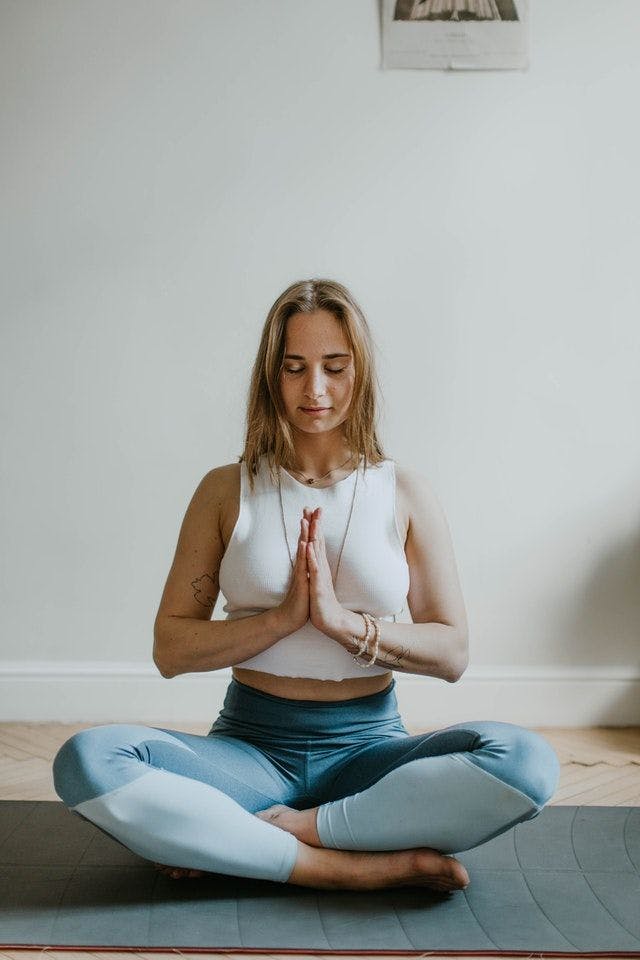As meditation continues to make its way to the forefront of western media and society, its positive effects cannot be underestimated. Said to improve everything from performance to stress, sleep, stress, anxiety, and depression, it truly is a powerful and promising tool to those that practice it.
However, as society becomes more dependent on meditation, could there be a possibility that meditation is addictive? This post will explore what addiction is, as well as the links between meditation and addiction.
What is Addiction?
According to the American Psychiatric Association, addiction is a “complex condition(s) in which there is the uncontrolled use of a substance despite harmful consequences”.
It’s commonly associated with drinks, drugs, and tobacco, as well as gambling, shopping, and video games, for example. Addictions usually start as a coping mechanism, to alleviate stress and negative emotions, or numb physical, mental, or emotional pain.
Alternatively, thrill-seeking, or a feeling of euphoria, might also contribute to someone developing an addiction, with drugs for example.
Meditation and Addiction
We want to address the idea that there is a difference between an addiction and a habit. While addiction can be harmful, and you feel dependent to the point where you can’t stop without significant help or aid, a habit is different.
Habits exist as a pattern or step in our routine or day that becomes almost like a behavior. It doesn’t negatively impact life. Meditation actually has been proven to aid addiction recovery. It does this by helping people develop healthier coping skills while bringing awareness to any destructive thoughts, behaviors, or processes that could harm their minds or bodies.
How Much Should I Meditate?
There is no set answer as to how much someone should meditate. It entirely depends on you: this practice is powerful, yet incredibly personal, and the experience can vary. While some might choose to spend hours meditating, others might need only a short time. The more you practice, the clearer it will be as to how long you should practice meditation.
Can I Meditate Too Much?
While there are guidelines that can help you determine an ideal length of meditation time, as said above, the practice is entirely personal. It might also be that sometimes, practice will be shorter or longer than other days, depending on the time available, your own personal needs, and the environment you’re in.
Don’t base your meditation experience on someone else’s - it’s truly about finding what is best for you. Remember that while meditating, your thoughts need to be present, without any judgment or negativity. This means that meditating will be a great time to see if the current way or method you’re practicing is right for you. If you feel you need to cut back, then do so.
How Do I Know Meditation Is Right For Me?
There will always be trying times in our lives. Periods of deep stress, sadness, and negativity. During these times, it is easy to fall into unhealthy patterns and dependencies. However, choosing to meditate during these times will help you positively in these challenging moments. We recommend that you are mindful of your motivations to meditate. Is it for a positive purpose?
Is it to deepen self-awareness? Is it to mediate the negative impacts of stressful situations? Whatever reasons you’re practicing meditation, make sure they are the right ones for you.
Meditation is more of a habit than an addiction. While we can use it daily and seek it in times of hardness, it positively impacts our bodies. Plus, as this practice can be personalized to our own needs, we can create the ultimate experience for our greater needs and purpose.






